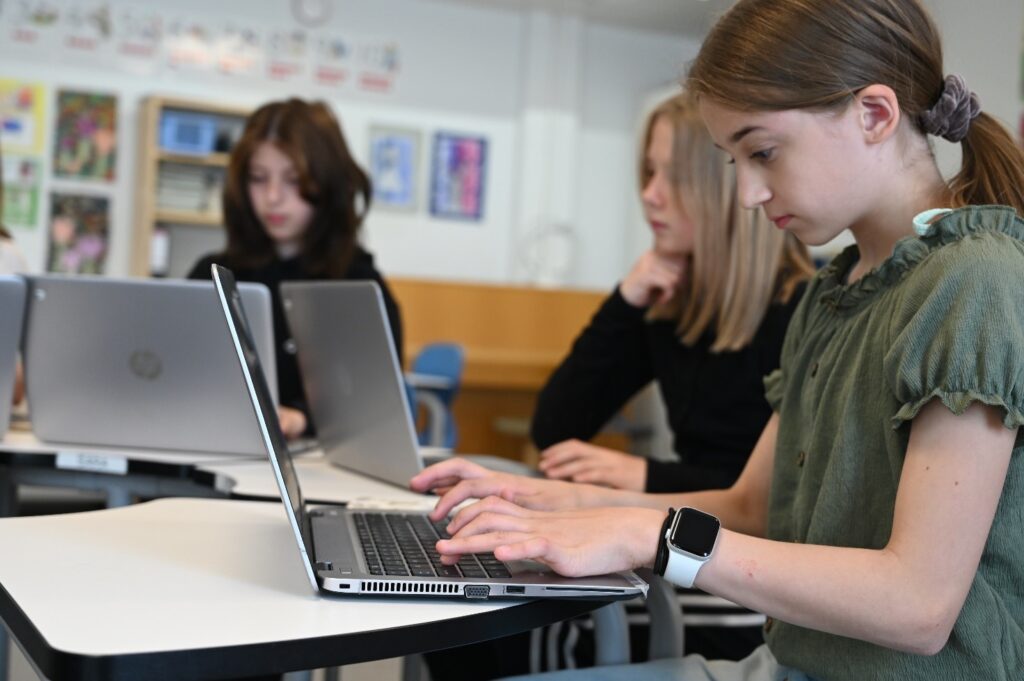AI-Powered Learning: The Benefits of the Mai Agent in Education
Artificial intelligence (AI) is revolutionizing education by providing students with opportunities to enhance their learning skills. One notable example is the Mai AI agent, developed by the University of Oulu, Finland, which has proven to be effective in teaching physics to students at Ritaharju Secondary School. 132 seventh graders experienced this innovative AI agent in their physics classes, working in groups of 3–4 for five weeks.
The introduction of the AI agent in physics classes is part of the “Learning Regulation with AI – Promoting Adaptive K-12 Learners” study by the Hybrid Intelligence research programme. Funded by the Academy of Finland, this study explores the role of AI in developing learning skills. Professor Sanna Järvelä, director of the research programme, highlights the project’s uniqueness and international significance.
Mai, a metacognitive AI agent, supports students’ independent problem-solving without providing direct answers, distinguishing it from traditional AI applications. The research focuses on the interaction between AI and learners, aiming to assist rather than replace human intellectual functions. “The intention is for artificial intelligence to act as a kind of agent in the background, monitoring human learning and helping when needed. People are left with intellectual responsibility,” Järvelä explains. Researcher Joni Lämsä from the University of Oulu adds, “The idea is that artificial intelligence will help students notice what kind of challenges there are in the work at hand. This helps the pupils to understand what to do to move forward.”

Sami Rousu, a physics teacher at Ritaharju School, observed that students quickly adapted to the AI agent after the initial curiosity. “Artificial intelligence sets the pace and guides the students’ work even when I don’t have time,” Rousu explains.
Students have found the Mai AI Agent to be a valuable support in their learning. Many feel they’ve received more personalized guidance than in traditional classroom settings and have engaged in deeper discussions about the topics covered. While Mai doesn’t provide direct answers, it helps students better understand the questions, encouraging them to think critically and learn more effectively. Because it doesn’t offer ready-made solutions, students are prompted to reflect, reason, and take ownership of their learning. It also gives them the opportunity to evaluate and improve their own work.
Want to discover the ways Finnish teachers are using AI in education? Check out our previous blog post: “Finnish teachers competed with artificial intelligence innovations”!
Article written by Katja Mäkelä
Source:
Sipola, T. (20.12.2024). Näin tekoälyagentti vahvistaa seiskaluokkalaisten oppimistaitoja: ”Joutuu miettimään itse ja oppii paremmin” Yle Uutiset | yle.fi.
University of Oulu (n.d.). Learning regulation with AI – promoting adaptive K-12 learners.
